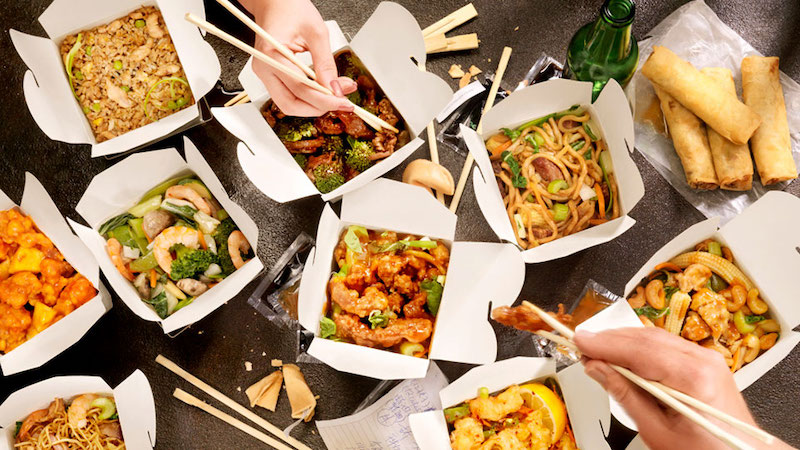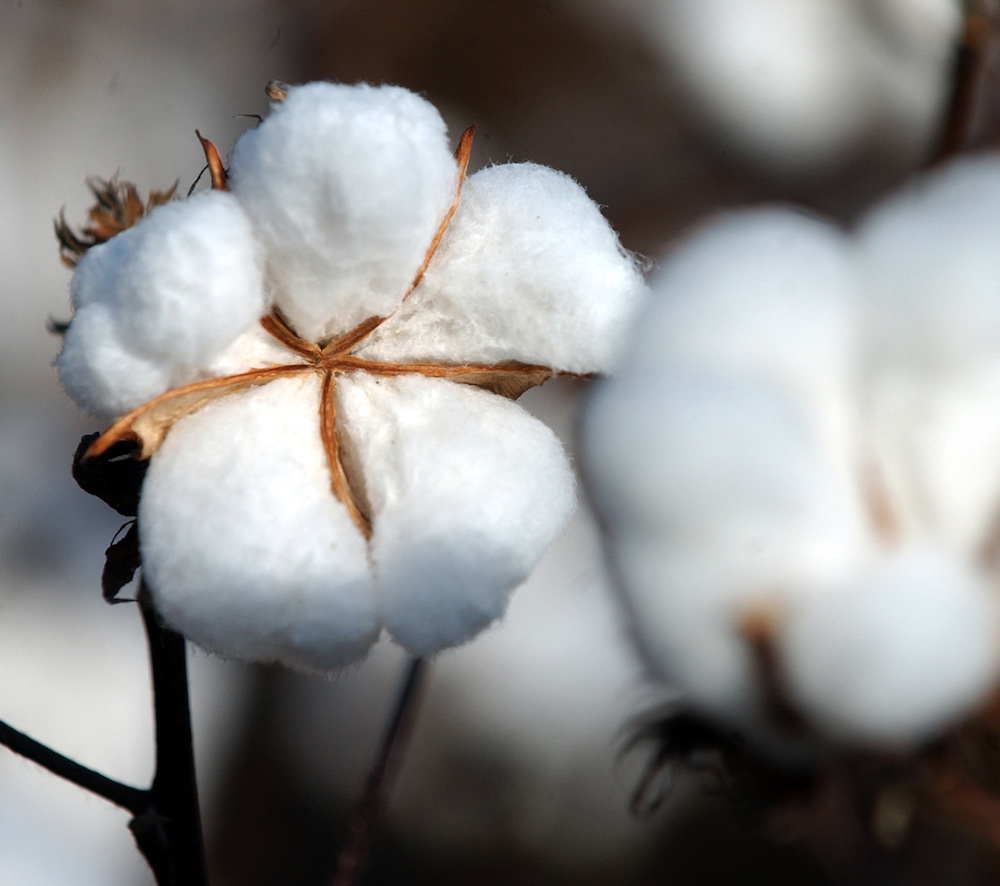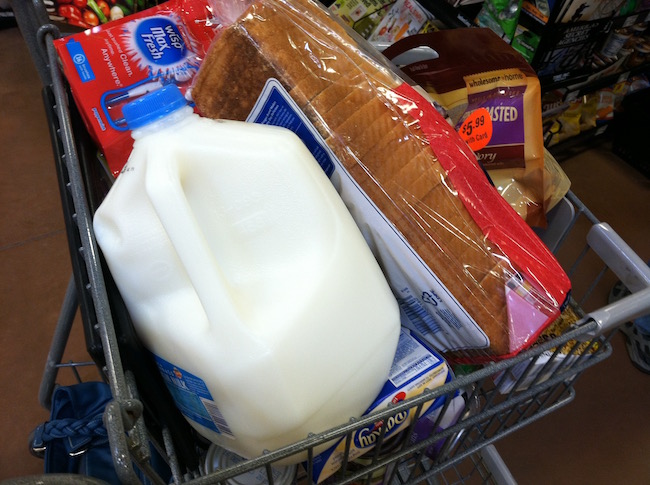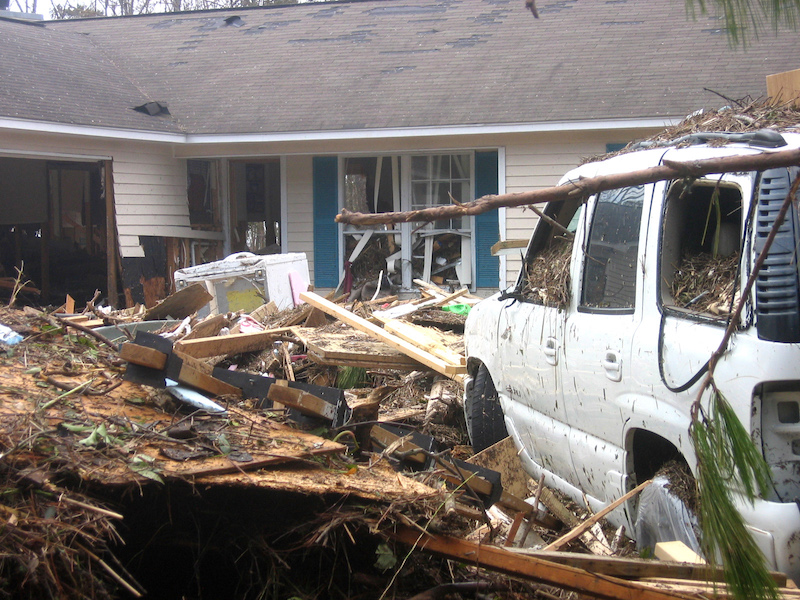 CAES News
CAES News
4-H'ers will be able to participate in virtual area contests
More than 1,500 fourth, fifth and sixth graders will now have the opportunity to participate in Georgia 4-H’s first Virtual Cloverleaf Project Achievement contest. Last year, more than 3,700 youth participated in Cloverleaf Project Achievement contests. Due to recent developments, five competitions around the state will now take place in an online format. While 13 in-person competitions were originally scheduled, area contestants in Bacon, Douglas, Emanuel, Houston and Jackson counties will now have the opportunity to participate virtually.








